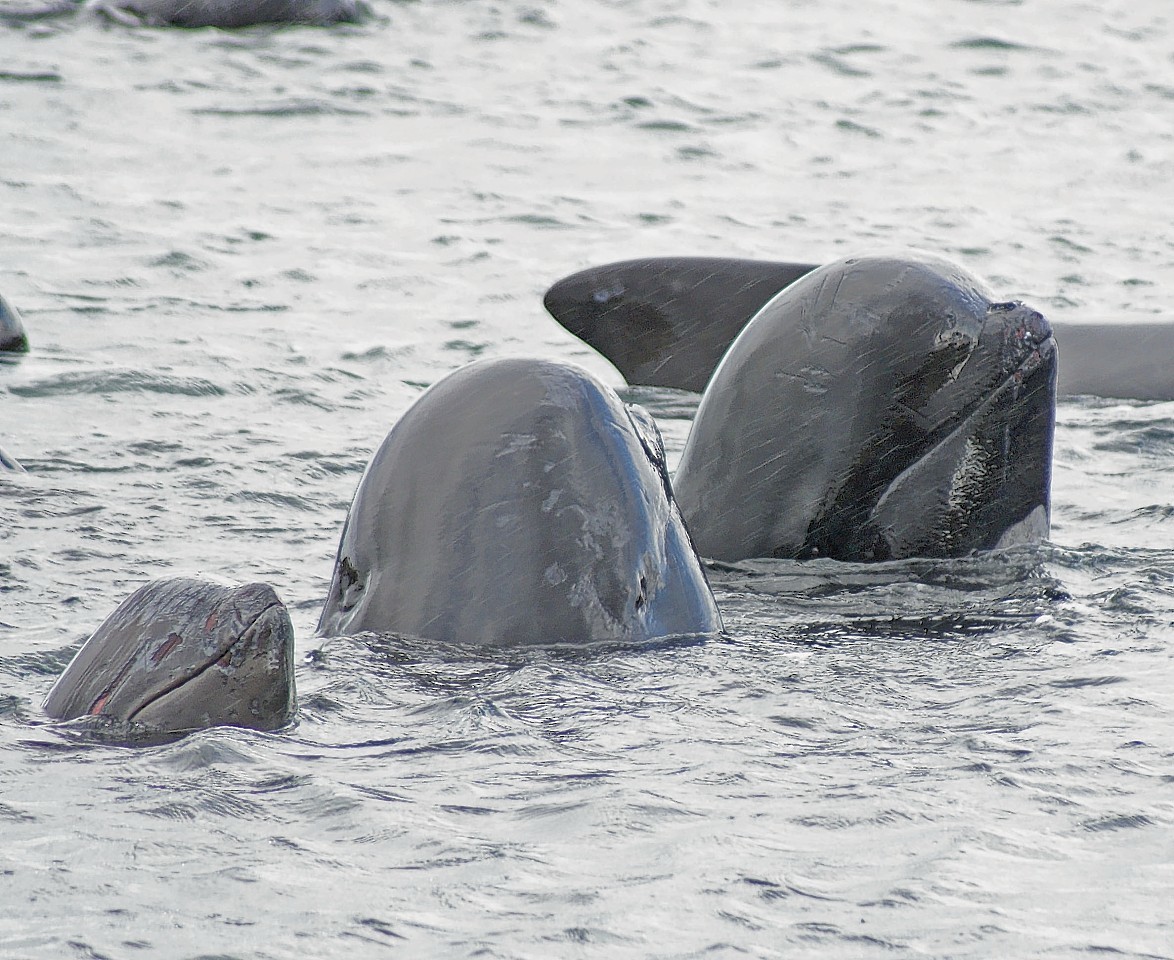Faroe has made peace with the European Union after a long-running spat over fish quotas, but the small Nordic nation is at the centre of a new battle with whale cull protesters.
The country’s government said illegal actions against “sustainable” whaling would not be tolerated.
It delivered its warning after 14 members of an environmental campaign group, the Sea Shepherd Conservation Society, were arrested on the Faroese island of Sandoy.
They were taking part in Operation GrindStop 2014, aimed at defending a pod of 33 pilot whales from “brutal mass slaughter”.
Faroe said its annual pilot whale cull – about 800 a year – was part of a “way of life”.
It added: “The government of the Faroes underlines the importance it has always placed on dialogue, freedom of speech and the right of all citizens – both in the Faroes and in all other countries – to express their views openly.
“Faroese authorities will not, however, tolerate the disruption of the pilot whale drive…,which is a legal, fully regulated and sustainable use of an abundant natural resource.
“Pilot whales in Faroese waters continue to provide a valued source of food for the people of our marine-dependent nation, as they have done for centuries.”
Faroe said its whale cull was done in the open, unlike the slaughter of animals for meat in other countries.
On the 14 arrests on Saturday, it said: “Activists…attempted to disrupt a whale drive in the bay of Sandur on the island of Sandoy.
“The police dealt with the situation in a calm and effective manner, quickly averting what could otherwise have become a dangerous situation for the activists themselves, operating in an unfamiliar coastal environment.
“Their actions could well have disrupted the organised procedures of the whale drive, thus prolonging it. All were released again within 24 hours to face hearings in the court of the Faroe Islands for breaches of the whaling regulations.”
The 33 whales were “killed swiftly in accordance with the regulations”, Faroe said, adding: “The meat and blubber was shared free to the local residents…as is the custom.
“The pilot whale drive in the Faroe Islands is one of the best documented uses of a renewable natural resource anywhere in the world, with annual records of catches dating back to 1584 and a long-term average take of around 800 whales a year from a population estimated by international scientists to number 128,000 in the Faroe-Iceland survey area.”
Faroe and the EU were at loggerheads about the size of the Faroese herring catch but both sides in the dispute have declared peace after a deal was struck over the 2014 quota.
Kaj Leo Holm Johannesen, the islands’ prime minister, said: “Now that the disagreement is behind us, we can turn to rebuilding meaningful cooperation and a forward-looking relationship.”
EU officials say the agreed 40,000-tonne herring limit for Faroe this year is considerably less than quota it set itself in 2013, when it refused to sign up to a deal with coastal state partners and gave itself over three times more than its usual share.
